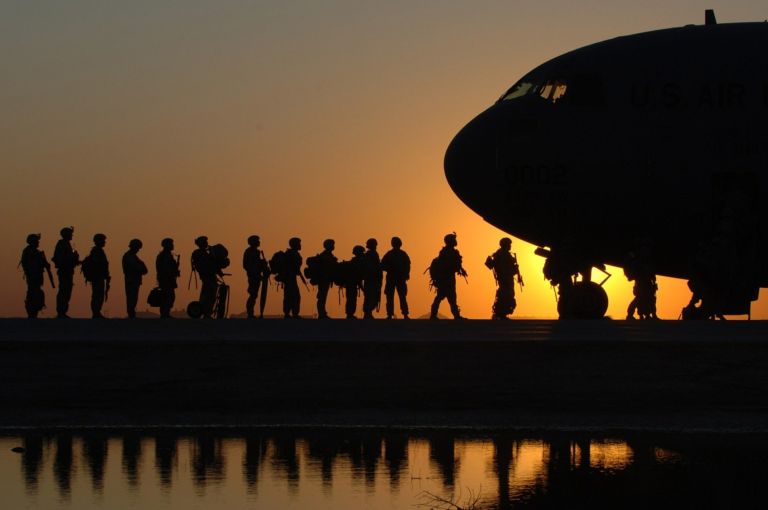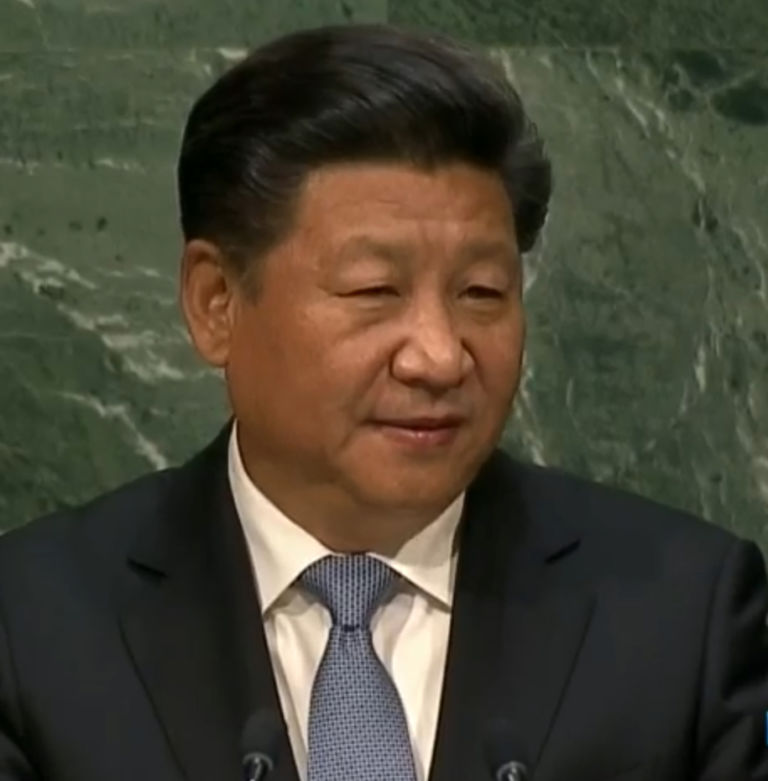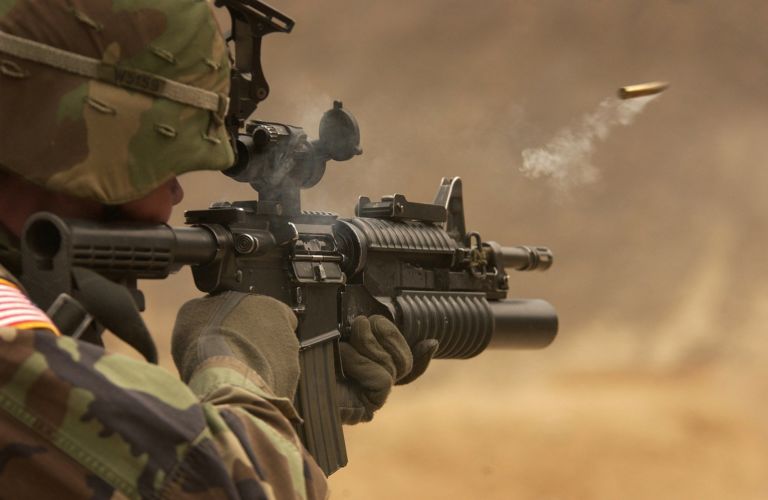David French of National Review Online explains why a new Korean War would represent a far different conflict than those Americans have seen recently in the Middle East.
The generation that fought in World War II and Korea is dying off. We no longer have lawmakers, generals, or diplomats who know what it’s like to endure a sustained artillery barrage. We haven’t seen allied cities burn, or casualties mount into the tens and then hundreds of thousands in mere days. Not for 30 years has the world witnessed a large-scale battlefield gas attack, and not for generations have we seen the kind of immediate, city-busting attack that not even Syria’s Assad could carry out.
All of those things would be in play if the armistice that has held for nearly 65 years was broken and hostilities resumed on the Korean peninsula. The news media repeat stats about the number of North Korean artillery pieces or rocket launchers that could hit Seoul, or the number of North Korean missiles that could hit any target on the peninsula, and it sounds more like a game of Risk than real life. After all, we know that we have overwhelming military superiority. We know that if war comes, we’ll win. We might even think that our nation is somehow combat-hardened after 15 years in Afghanistan and 13 years in Iraq. …
… There may come a time when the terrible aspects of the North Korean regime become so pronounced that we choose to risk that fragile stability. It may even be possible to mitigate those aspects — perhaps by shooting down North Korean missiles or employing other targeted strikes — without actually inviting the cataclysm. But it’s vital that we conduct our public debate with eyes wide open, fully aware of the immense risks present on the peninsula.


